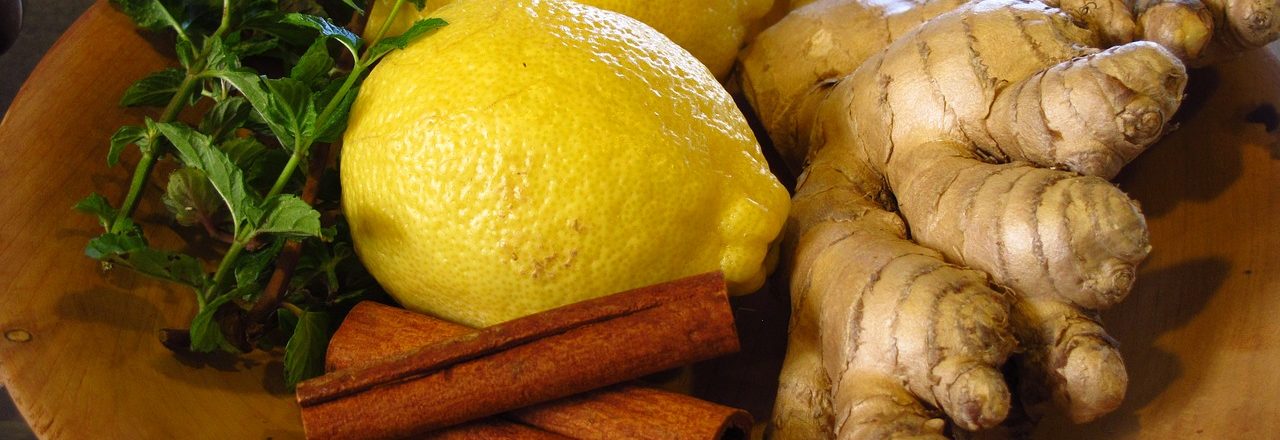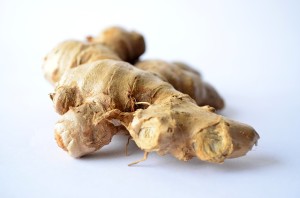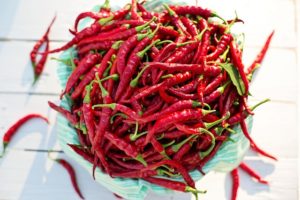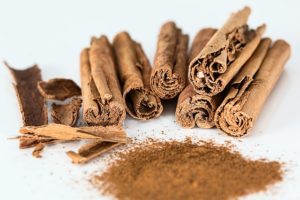
How can we warm up naturally? As winter settles in, some people love the cold clear air, and look forward to winter sports such as skiing and sledding. Others shiver and react poorly to the long, cold dark winter days, that can severely restrict the time that they spend outside. Whether you are coming in to warm up after an energizing winter jaunt, or hunkering down to wait for the warm days of spring, natural herbs and traditionally folkloric remedies can be used to help get you through the winter months with comfort and ease.
Ancient healing systems, such as TCM (Traditional Chinese Medicine) and Ayurveda, the healing science from India, both honor the ‘energetic’ aspects of foods and herbs. They recognize that some foods are ‘cooling’ to the body, and can help slow down an overactive metabolism, or decrease ‘heat’ due to infection or inflammation. Other substances are considered ‘warming’ and help the body create or maintain a warm temperature, as well as increase circulation. Some of the herbs that are considered ‘warming’ include Ginger and Cayenne.
Ginger

Ginger is a great warming herb, and can also help the lymph nodes act as effective filters, calm an upset stomach, ward off colds and flues and act as a ‘rubifacient’- this is an herbal glossary term that means an herb will redden the skin if it is applied topically-hence the increase in ‘heat’ energy.
Topical remedy with ginger
To use ginger directly on the skin, get a ginger root in any grocery store. (The correct botanical term is actually a ‘rhizome’.) Use a grater to grate about 2 tablespoons of the root. Cover with water and simmer slowly for 5 minutes. Mix in a thickening agent, such as oatmeal or cornstarch, until it forms a paste. Place on any area of the body that you would like to ‘warm’ up, such as achy joints or a sore lower back. Cover with gauze or a terry cloth towel, and leave on for about an hour.
Ginger tea
Ginger also makes a warming tea. Grate about a teaspoon of ginger and place in a non-aluminum pot. Add about 2 cups of water. Simmer slowly for 3 to 5 minutes. You may also want to add in Mint leaves, or any other herb you would like to combine with the ginger. Strain the liquid into a cup or mug. For added sinus and throat relief, squeeze fresh lemon juice into the cup, and add honey, stevia, or monk fruit sweetener if you would like to sweeten the tea.
Cayenne

Another great winter warmer is cayenne. Cayenne is a red hot pepper that gives ‘hot sauce’ and curry dishes that well recognized kick. Cayenne has been traditionally used to help with digestion, and is considered an herb that increases ‘Agni’ or digestive fire, in Ayurvedic medicine. Cayenne contains a well researched component called capsaicin, which blocks pain signaling agents, such as ‘Substance P’. This is one of the active constituents that make cayenne so effective as an analgesic agent and is included in many over the counter topical pain preparations.
Cayenne also can deactivate nitrosamines, which are agents that may initiate cancer. If you enjoy a hot spicy flavor, sprinkle cayenne on food or add it to tea. You can combine Ginger and Cayenne as part of a warming bath, by adding ½ to 1 tablespoon to a hot tub. It might help you warm up or even ‘sweat out’ a fever.
Other warming herbs and spices

Other warming herbs include Cinnamon and Garlic, so use them in your daily routine, especially during winter weather. Always choose organic herbs and spices whenever possible, since they are not irradiated. Commercial brands ARE irradiated, and this process often destroys the medicinal components.
Of course, its always best to focus on prevention to stop a winter cold or flu from gaining a grip. The best way to fight off a cold or flu is to avoid infection in the first place. Frequent hand washing and diligent cleaning of common “vector” surfaces such as telephones and computer keyboards (which many people touch) can really help.
It’s also a good idea to take extra time for yourself to reduce stress. Get plenty of rest and drink a lot of liquids, along with your herbal remedies. Enhance relaxation further with a warm cup of tea combining cinnamon, garlic, ginger and a pinch of cayenne for an herbal ‘hot toddy’.
Remember to keep some immune supporting herbs on hand, including Echinacea and Elderberry. Scientific investigations collaborate on the effectiveness of these herbs. Elderberry in particular has been shown to reduce flu symptoms. This delicious blue-black berry is available as a concentrated liquid extract. Look for a dark, thick, blue-black extract that contains 5000 mg of extract per serving for a potent immune enhancing punch to help you stay warm and healthy in winter!
